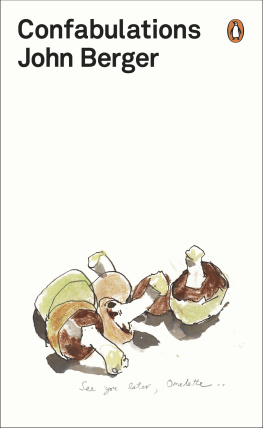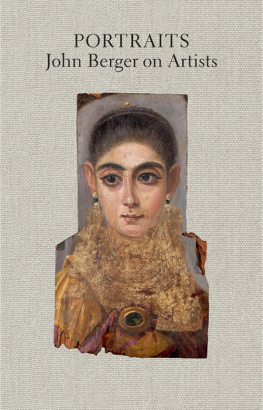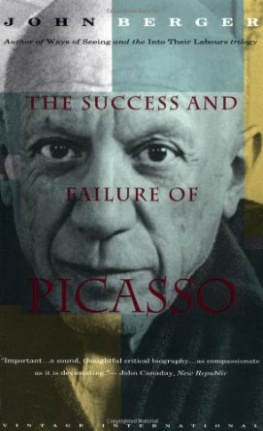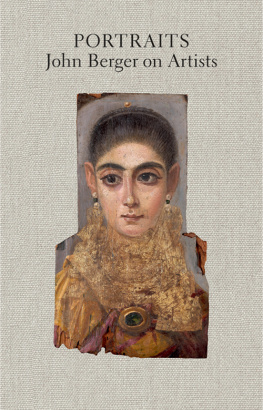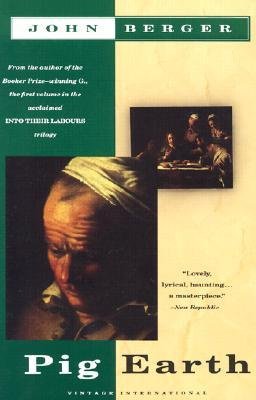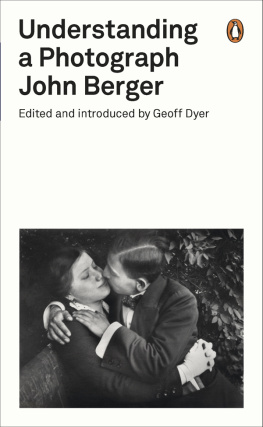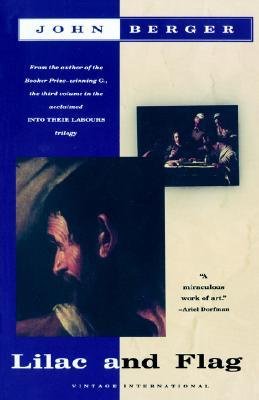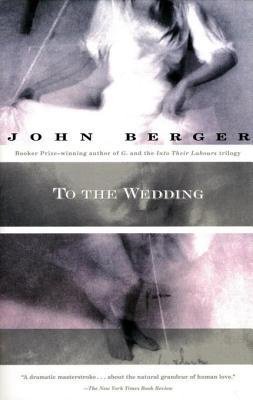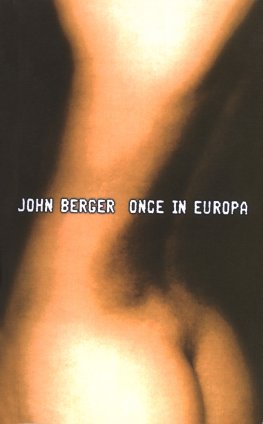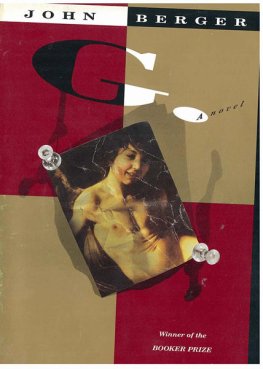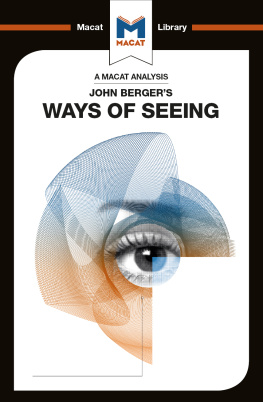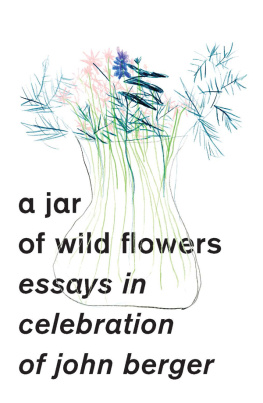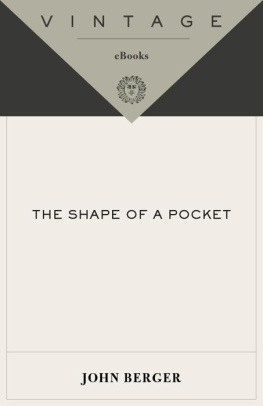John Berger - Confabulations
Here you can read online John Berger - Confabulations full text of the book (entire story) in english for free. Download pdf and epub, get meaning, cover and reviews about this ebook. year: 2016, publisher: Penguin UK, genre: Detective and thriller. Description of the work, (preface) as well as reviews are available. Best literature library LitArk.com created for fans of good reading and offers a wide selection of genres:
Romance novel
Science fiction
Adventure
Detective
Science
History
Home and family
Prose
Art
Politics
Computer
Non-fiction
Religion
Business
Children
Humor
Choose a favorite category and find really read worthwhile books. Enjoy immersion in the world of imagination, feel the emotions of the characters or learn something new for yourself, make an fascinating discovery.
- Book:Confabulations
- Author:
- Publisher:Penguin UK
- Genre:
- Year:2016
- Rating:3 / 5
- Favourites:Add to favourites
- Your mark:
- 60
- 1
- 2
- 3
- 4
- 5
Confabulations: summary, description and annotation
We offer to read an annotation, description, summary or preface (depends on what the author of the book "Confabulations" wrote himself). If you haven't found the necessary information about the book — write in the comments, we will try to find it.
Confabulations — read online for free the complete book (whole text) full work
Below is the text of the book, divided by pages. System saving the place of the last page read, allows you to conveniently read the book "Confabulations" online for free, without having to search again every time where you left off. Put a bookmark, and you can go to the page where you finished reading at any time.
Font size:
Interval:
Bookmark:



John Berger was born in London in 1926. His acclaimed works of fiction and non-fiction include the seminal Ways of Seeing; the novel G., which won the Booker Prize in 1972; and, most recently, Bentos Sketchbook. He lives in Paris.

I have been writing for about eighty years. First letters then poems and speeches, later stories and articles and books, now notes.
The activity of writing has been a vital one for me; it helps me to make sense of things and to continue. Writing, however, is an off-shoot of something deeper and more general our relationship with language as such. And the subject of these few notes is language.
Lets begin by examining the activity of translating from one language to another. Most translations today are technical, whereas Im referring to literary translations. The translation of texts which concern individual human experience.
The conventional view of translation involves studying the words on one page in one language, then rendering them into another language on another page. This involves a so-called word-for-word translation, then an adaptation to respect and incorporate the linguistic tradition and rules of the second language, and finally another working-over to recreate the equivalent of the voice of the original text. Many, perhaps most, translations follow this procedure and the results are worthy but second-rate.
Why? Because true translation is not a binary affair between two languages but a triangular affair. The third point of the triangle being what lay behind the words of the original text before it was written. True translation demands a return to the pre-verbal.
We read and reread the words of the original text in order to penetrate through them, to reach, to touch the vision or experience which prompted them. We then gather up what we have found there and take this quivering almost wordless thing and place it behind the language into which it needs to be translated. And now the principal task is to persuade the host language to take in and welcome the thing which is waiting to be articulated.
This practice reminds us that a language cannot be reduced to a dictionary or stock of words and phrases. Nor can it be reduced to a warehouse of the works written in it.
A spoken language is a body, a living creature, whose physiognomy is verbal and whose visceral functions are linguistic. And this creatures home is the inarticulate as well as the articulate.
Consider the term Mother Tongue. In Russian the term is Rodnoi-yazyk, which means Nearest or Dearest Tongue. At a pinch one could call it Darling Tongue.
Mother Tongue is our first language, first heard as infants from the mouths of our mothers. Hence the logic of the term.
I mention it now because the creature of language, which Im trying to describe, is undoubtedly feminine. I imagine its centre as a phonetic uterus.
Within one Mother Tongue are all Mother Tongues. Or, to put it another way: every Mother Tongue is universal.
Noam Chomsky has brilliantly demonstrated that all languages not only verbal ones have certain structures and procedures in common. And so a Mother Tongue is related to (rhymes with?) non-verbal languages such as the languages of signs, of behaviour, of spatial accommodation.
When Im drawing, I try to unravel and transcribe a text of appearances, which already has, I know, its indescribable but assured place in my Mother Tongue.
Words, terms, phrases can be separated from the creature of their language and used as mere labels. They then become inert and empty. The repetitive use of acronyms is a simple example of this. Most mainstream political discourse today is composed of words which, separated from any creature of language, are inert and dead. And such dead word-mongering wipes out memory and breeds a ruthless complacency.
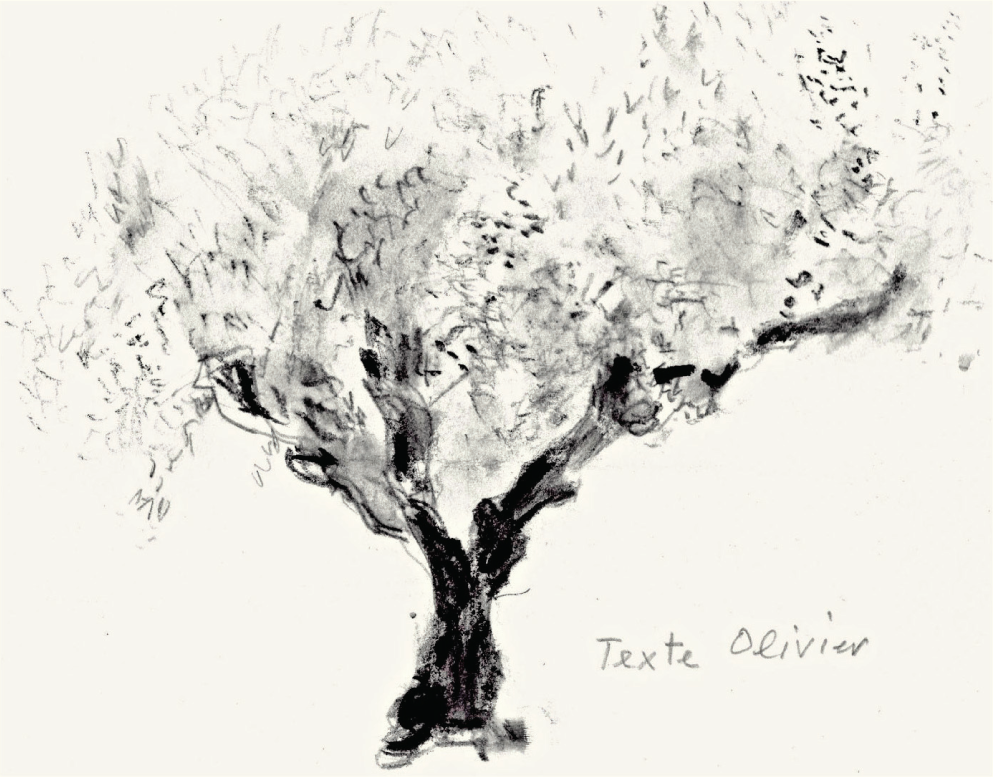
What has prompted me to write over the years is the hunch that something needs to be told and that, if I dont try to tell it, it risks not being told. I picture myself not so much a consequential, professional writer, as a stop-gap man.
After Ive written a few lines I let the words slip back into the creature of their language. And there, they are instantly recognized and greeted by a host of other words, with whom they have an affinity of meaning, or of opposition, or of metaphor or alliteration or rhythm. I listen to their confabulation. Together they are contesting the use to which I put the words I chose. They are questioning the roles I allotted them.
So I modify the lines, change a word or two, and submit them again. Another confabulation begins.
And it goes on like this until there is a low murmur of provisional consent. Then I proceed to the next paragraph.
Another confabulation begins
Others can place me as they like as a writer. For myself Im the son of a bitch and you can guess who the bitch is, no?

Rosa! Ive known you since I was a kid. And now Im twice as old as you were when they battered you to death in January 1919, a few months after you and Karl Liebknecht had founded what would become the German Communist Party.
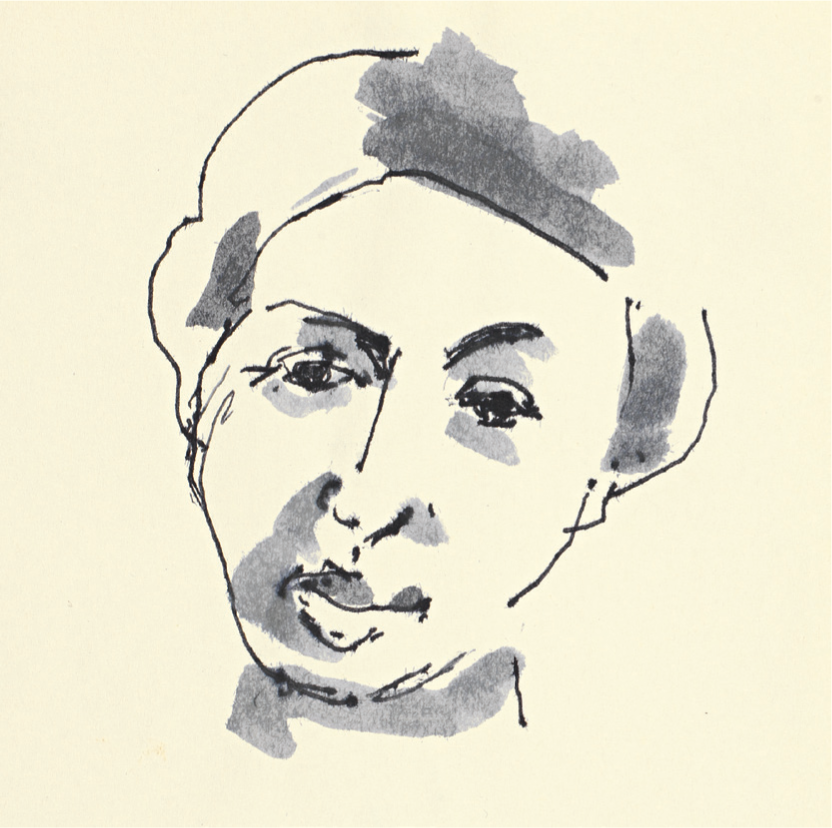
You often come out of a page Im reading, and sometimes out of a page Im trying to write; come out to join me with a toss of your head and a smile. No single page and none of the prison cells they repeatedly put you in could ever contain you.
I want to send you something. Before it was given to me, this object was in the town of Zamosc in south-east Poland. In the town where you were born and where your father was a timber merchant. But the link with you is not as simple as that.
The object belonged to a Polish friend of mine called Janine. She lived alone: not in the elegant main square as you did during the first two years of life, but in a cramped suburban house on the outskirts of the town.
Janines house and her tiny garden were full of potted plants. There were even potted plants on the floor of her bedroom. And she liked nothing better, when she had a visitor, than to point out, with her elderly working womans fingers, the special particularity of each one of her plants. Her plants kept her company. She gossiped and joked with them.
Although I dont speak Polish, the European country I perhaps feel most at home in is Poland. I share with Poles something like their order of priorities. Most of them are not intrigued by power because they have lived through every conceivable kind of power-shit. They are experts about finding a way round obstacles. They continually invent ploys for getting by. They respect secrets. They have long memories. They make sorrel soup from wild sorrel. They want to be cheerful.
Font size:
Interval:
Bookmark:
Similar books «Confabulations»
Look at similar books to Confabulations. We have selected literature similar in name and meaning in the hope of providing readers with more options to find new, interesting, not yet read works.
Discussion, reviews of the book Confabulations and just readers' own opinions. Leave your comments, write what you think about the work, its meaning or the main characters. Specify what exactly you liked and what you didn't like, and why you think so.

